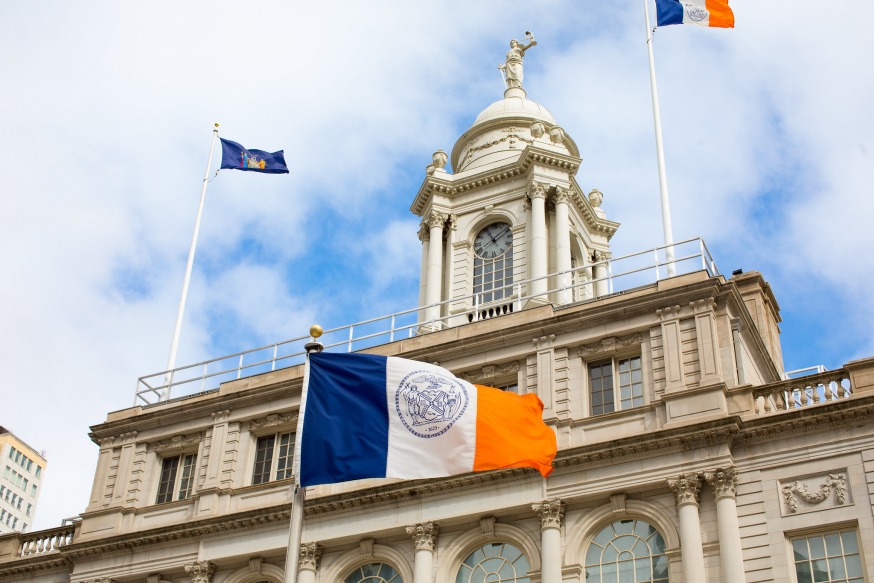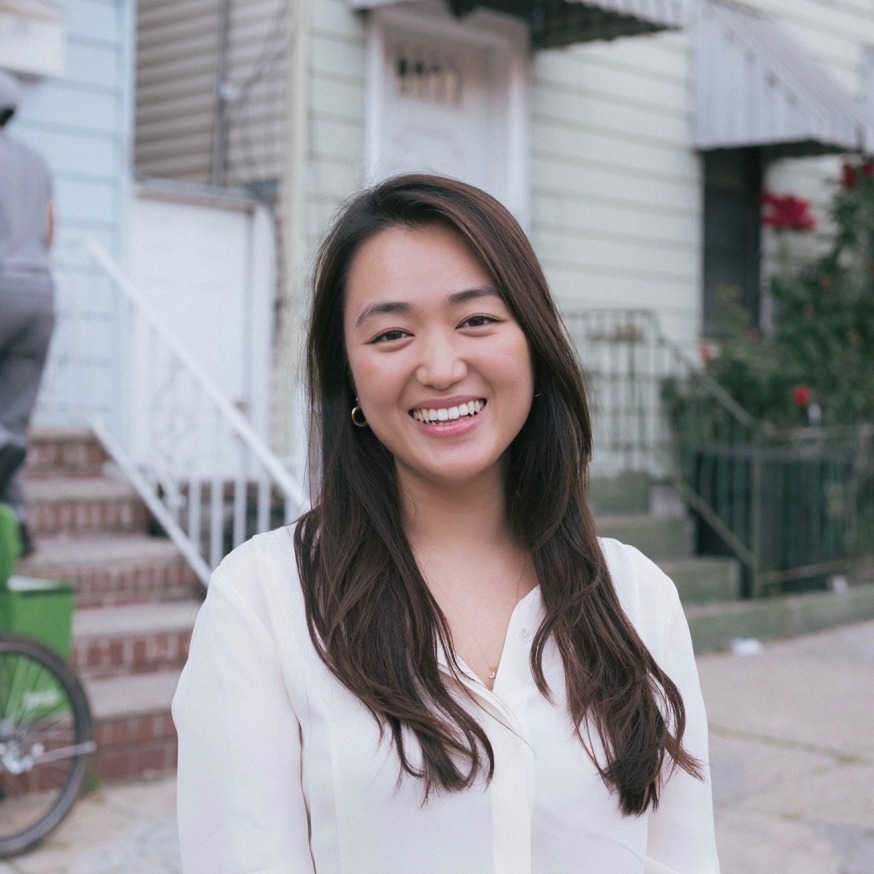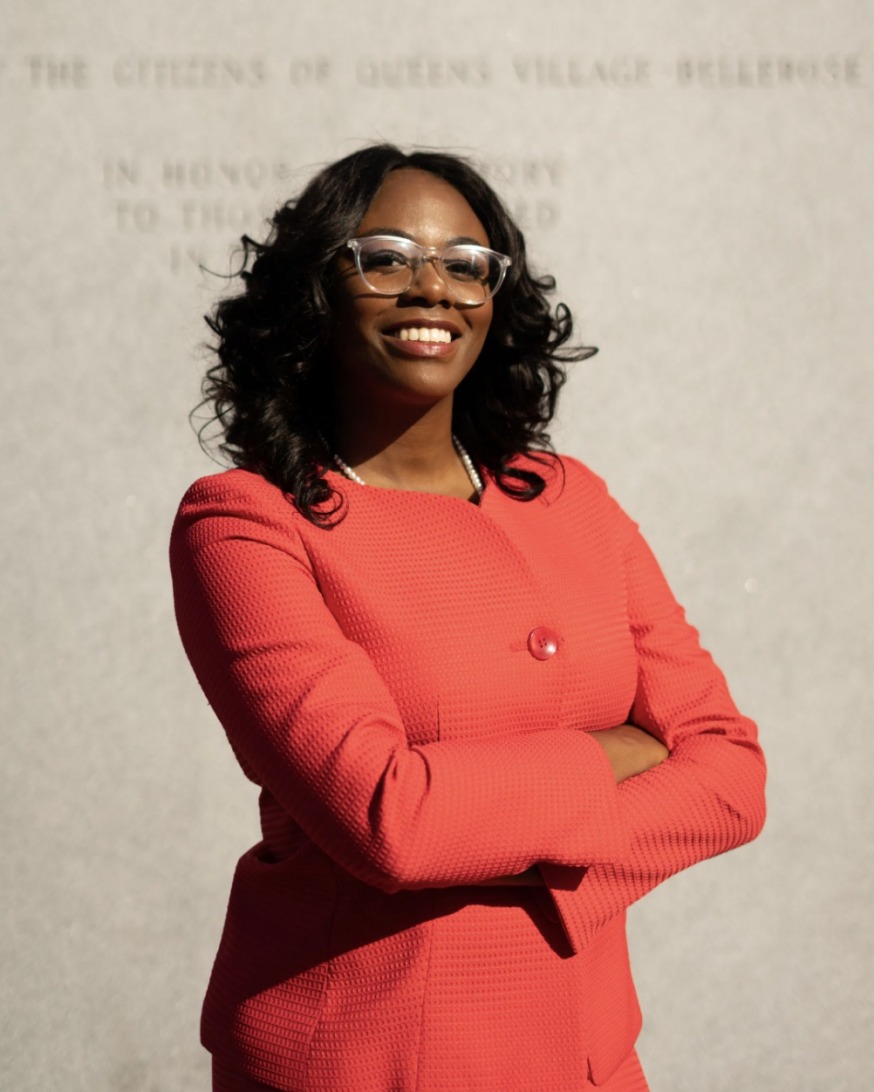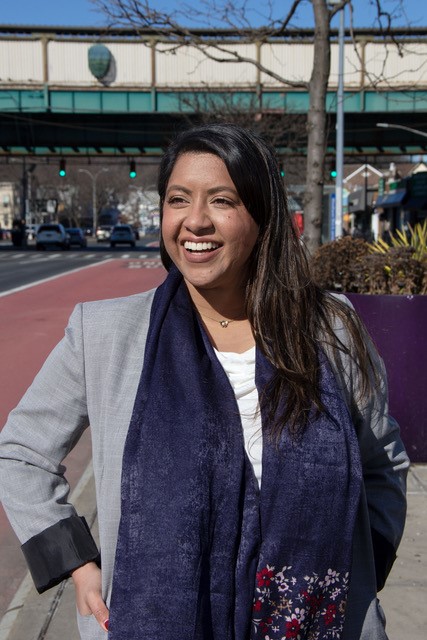
New York City Hall (Benjamin Kanter/ Mayoral Photo Office)
July 14, 2021 By Allie Griffin
The number of council women of color representing Queens will more than quadruple next year as the New York City Council is on a path to be the most diverse class yet.
Women of color will likely hold as many as nine out of the 15 Queens council seats — in a shift that is more reflective of the ethnic makeup of the borough widely known for its diversity.
In total, women are likely to fill 10 of the 15 council seats that make up the Queens delegation next year — compared to just three today.
In addition, 12 of the 15 seats are likely to be held by a woman and/or a person of color.
“This is a long time coming and we have, for years and years — decades, even — desperately needed representation that is actually reflective of the people in our borough,” District 22 Democratic primary winner Tiffany Cabán said. “It’s exciting.”
The change in the Queens delegation is also happening across the full City Council.
The council is expected to be the most diverse yet, based on results of the Democratic primaries — and those winners are almost certain to win their general elections on Nov. 2.
Although the city will not get its first female mayor next year, women will make up a majority of the council’s 51 members for the first time in history.
More people of color, LGBTQ New Yorkers and foreign-born New Yorkers will also serve at City Hall.
Honored to join @Grace4NY, @SandraForNY1, @schulman2021, @UFT, @NYHTC, and @local79nyc to celebrate the record number of women headed to the next City Council! Our work is cut out for us, but with these partners, we can’t fail! pic.twitter.com/62XU7VY7gj
— Linda Lee for NYC (@LindaLeeforNYC) July 7, 2021
The more diverse class is due in part to term-limits as the vast majority of current council members — many of whom are white males — must leave office at the end of the year.
Many have also credited groups such as Women of Color for Progress and 21 in ’21 for helping female candidates run successful campaigns. The city’s matching funds program has supported candidates of color — who often don’t have the same advantages as their white counterparts — get their message out to voters as well.
Next year more Asian, African and Latin Americans will become members of the Queens delegation in line with the diverse borough itself.
The representation will help change the status quo and provide a greater voice to groups often left behind in government, many of the Democratic primary winners said.
Cabán said that the diverse, intersectional group of presumptive council members — like herself, a Queer Latina — can relate to the struggles of their communities because they’ve often been through the same struggles themselves. This makes them best situated to identify issues and develop solutions for such communities, she added.
“Bringing in this vast array of diverse intersectional experiences and identities is only going to serve to build that much more of an equitable city,” Cabán said.
The majority of Queens’ Democratic primaries were won by women of color after absentee ballots were tallied last week. Nine out of the 15 races went to women of color and in several, the second-place candidate was also a woman of color.
Only one likely incoming member (Tony Avella in District 19) out of the 10 presumptive Queens members is not a woman or person of color.
Many Queens districts will get a female council member for the first time in history and the new Queens class will also include two LGBTQ New Yorkers — Cabán in District 22 and Lynn Schulman in District 29.
Representation matters! @NYCCouncil is about to become the 1st majority female elected body in a major U.S. city. Thank you to @21in21NYC for this historic win, and for believing in all of us! pic.twitter.com/vdofhhkrjI
— Lynn Schulman 舒曼琳 (@schulman2021) July 13, 2021
Julie Won in District 26 and Linda Lee in District 23 will likely be the Council’s first ever Korean American members. Won said their victories are just the beginning of a pipeline for greater representation.
“I think that it is a huge monumental milestone for our Korean community,” Won said.
“The Korean American community has widely been in New York City since the 1970s and it took us about 40 years, three generations, for a Korean American to get elected to the City Council,” she said. “And not just one, but two — one first generation Korean American immigrant, and then one American-born Korean American, Linda Lee.”

District 26 presumptive Democratic primary winner Julie Won (Julie Won for City Council)
Won, who was born in South Korea before immigrating to the U.S. at a young age, will add to the number of foreign-born council members — along with Cambodia-born Sandra Ung in District 20. The number is expected to rise council-wide next year.
Won, Lee and Ung together with Shekar Krishnan in District 25 and Brooklyn’s District 39 winner, Shahanna Hanif, are each expected to take office next year — which will increase the number of Asian council members from two to five. Felicia Singh, who will face a competitive general election for District 32, would make the sixth if she wins in November.
Current Council Member Margaret Chin in Manhattan was the first — and only — Asian American woman to be elected to the Council in 2009. She was joined by fellow Asian American, Council Member Peter Koo, the same year. Both are term-limited and will leave office at the end of the year.
Won said the rise in hate crimes against Asian Americans and Pacific Islanders illuminated the lack of Asian American representation in New York City.
“I think people really saw the absence of Asian American representation in our city and said, ‘okay, it is time that I have an Asian American woman represent me, even if I am not Asian’,” she said.
Jennifer Gutierrez who won the Democratic primary for the District 34 seat, which covers neighborhoods both in Brooklyn and Queens, will likely be the first Columbian American council member.
Meanwhile, Southeast Queens will be led by a team of three Black women for the first time ever, as incumbent Council Member Adrienne Adams pointed out.
So proud to win my primary by a landslide! Making history with @Powers4Queens and @nantasha2021 as the FIRST women to lead 3 Southeast Queens Districts simultaneously in the New York City Council!#WomenLead! #NewDreamTeam!
— RealAdrienneEAdams (@RealAdrienneEA1) June 23, 2021
Adams reclaimed her seat, as did incumbent member Selvena Brooks-Powers, who won a special election in March to replace Donovan Richards. The primary for the third Southeast Queens seat was won by Nantasha Williams, who will likely be the first woman to represent District 27.
“With the recent results released by the Board of Elections, not only has my campaign won by one of the largest margins across the entire City of New York, but we can proudly say that we have made history in New York City’s 27th councilmanic district,” Williams said in a statement. “I am proud to be the first woman to represent this district in the City Council.”

District 27 presumptive Democratic primary winner Nantasha Williams (Nantasha Williams 2021)
Krishnan, who won the primary for the D-25 seat representing Elmhurst and Jackson Heights, will likely be one of the Council’s two first South Asian members next year — along with Hanif, who won her primary in Brooklyn.
“It’s not lost on me the history we’ve made,” Krishnan said in a statement celebrating his victory.
“I will be among the first group of South Asians in the New York City Council. I have the humbling, extraordinary opportunity to represent my people.”
Singh, the winner of the Democratic primary in District 32, could be the third if she is able to beat Republican candidate Joann Ariola on Nov. 2. The district is Queens’ lone Republican-held seat that many Democrats are hoping to flip this year.

Felicia Singh (Felicia Singh for New York City Council)
“It would be an honor to be the first woman, first Guyanese and Punjabi person to represent my district,” Singh said in a statement to the Queens Post.
She said her district — one of the largest and most diverse in Queens — is ready for a change from the “moderate status quo.”
“My campaign included folks in the voting process who were never spoken to before – and we did it in multiple languages, with a platform and policies that center the experiences of immigrants and working-class people,” Singh said.
Nearly all other Democratic nominees are expected to win their respective races in November as Democrats greatly outnumber Republicans in Queens and citywide.
Queens’ all-but-guaranteed diverse class of new council members includes Ung in District 20, Cabán in District 22, Lee in District 23, Krishnan in District 25, Won in District 26, Williams in District 27, Schulman in District 29 and Gutierrez in District 34.
Either Singh or Ariola’s name will be added to the list as well.
They will join the incumbent members of color Adams, Brooks-Powers and Francisco Moya. Incumbents Robert Holden and James Gennaro, who are both white, also won re-elections in Queens.
For many of the future council women, the work has already begun reimaging a city that works better for all. Won said she has started meeting other women of color who won their races for coffee and discussions.
“We’re already coalition-building, especially amongst women of color who have been looking for representation for such a long time and really fighting for it,” Won said. “I think it’s something that we don’t take lightly — that this is our privilege, that we are honored and thankful for, and that we will continue to fight for the most vulnerable and marginalized people that we came out to represent.”
